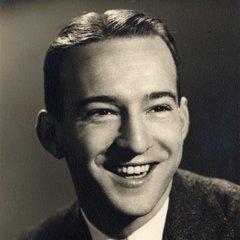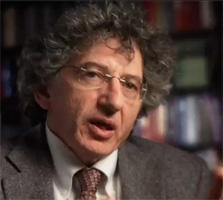Eric Hobsbawm Quotes
Human beings are not efficiently designed for a capitalist system of production.
Eric J. Hobsbawm (1994). “Age of extremes: the short twentieth century, 1914-1991”
"The Age of Extremes". Book by Eric Hobsbawm, p. 414, 2004.
"Nations and Nationalism Since 1780: Programme, Myth, Reality". Book by Eric Hobsbawm (p. 12), May 24, 1990.
The paradox of communism in power was that it was conservative.
Eric J. Hobsbawm (1994). “Age of extremes: the short twentieth century, 1914-1991”
Eric J. Hobsbawm (1971). “Primitive Rebels: Studies in Archaic Forms of Social Movement in the 19th and 20th Centuries”, p.60, Manchester University Press
Xenophobia looks like becoming the mass ideology of the 20th-century fin-de-siecle.
"Divided Europeans: Understanding Ethnicities in Conflict". Book edited by Tim Allen and John Eade (p. 41), June 30, 1999.
Karl Marx, Friedrich Engels, Eric Hobsbawm (2012). “The Communist Manifesto: A Modern Edition”, p.28, Verso Books
Eric Hobsbawm (2014). “The Jazz Scene”, p.296, Faber & Faber
"Mapping the Nation". Book edited by Gopal Balakrishnan and Benedict Anderson, 1996.
The most lasting and universal consequence of the French revolution is the metric system
Eric J. Hobsbawm (1994). “Age of extremes: the short twentieth century, 1914-1991”
Eric Hobsbawm (2011). “How To Change The World: Tales of Marx and Marxism”, p.126, Hachette UK
Telephone and telegraph were better means of communication than the holy man's telepathy
Eric J. Hobsbawm (1994). “Age of extremes: the short twentieth century, 1914-1991”
1970 In the NewYork Review of Books, 18 Nov.







